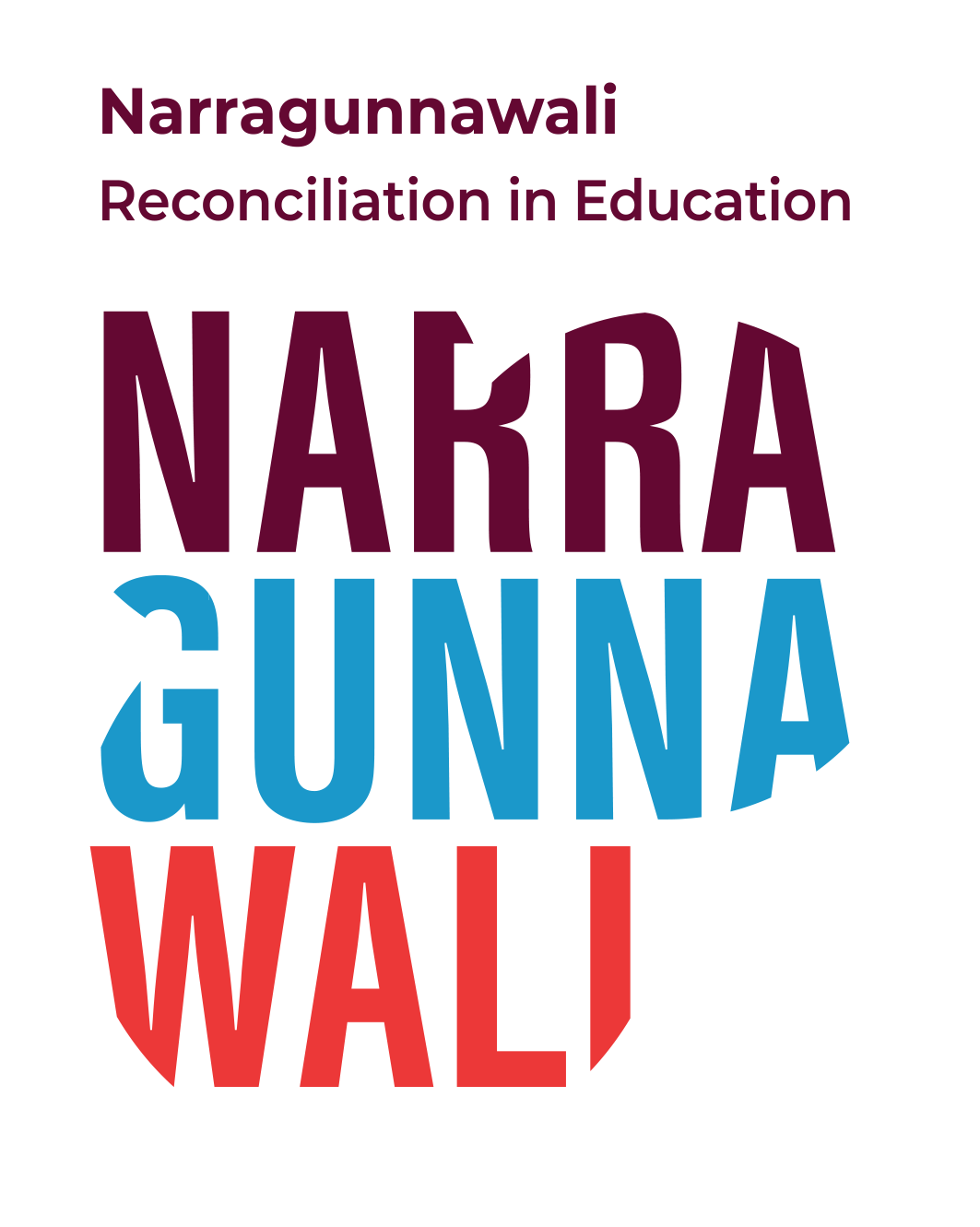“As a 50 something [year-old] Aboriginal woman, I have lived through a bit and I truly believe that, if given the opportunity, children who are given the right influences and education will form new beliefs about Aboriginal and Torres Strait Islander [people] and those old prejudices might just start to fade away". (Aboriginal Educator and Community Member)
This toolkit provides information about Reconciliation Australia’s Narragunnawali: Reconciliation in Education program. It supports Aboriginal and Torres Strait Islander children, students, families, communities, and organisations in knowing about reconciliation in education and the responsibilities and opportunities for learners, teachers, schools, and early learning services in Australia.
Recognising that there are diverse Aboriginal and Torres Strait Islander experiences and perspectives across the nation, this is indeed a guide only and is not intended to replace the advice and aspirations of local communities.

